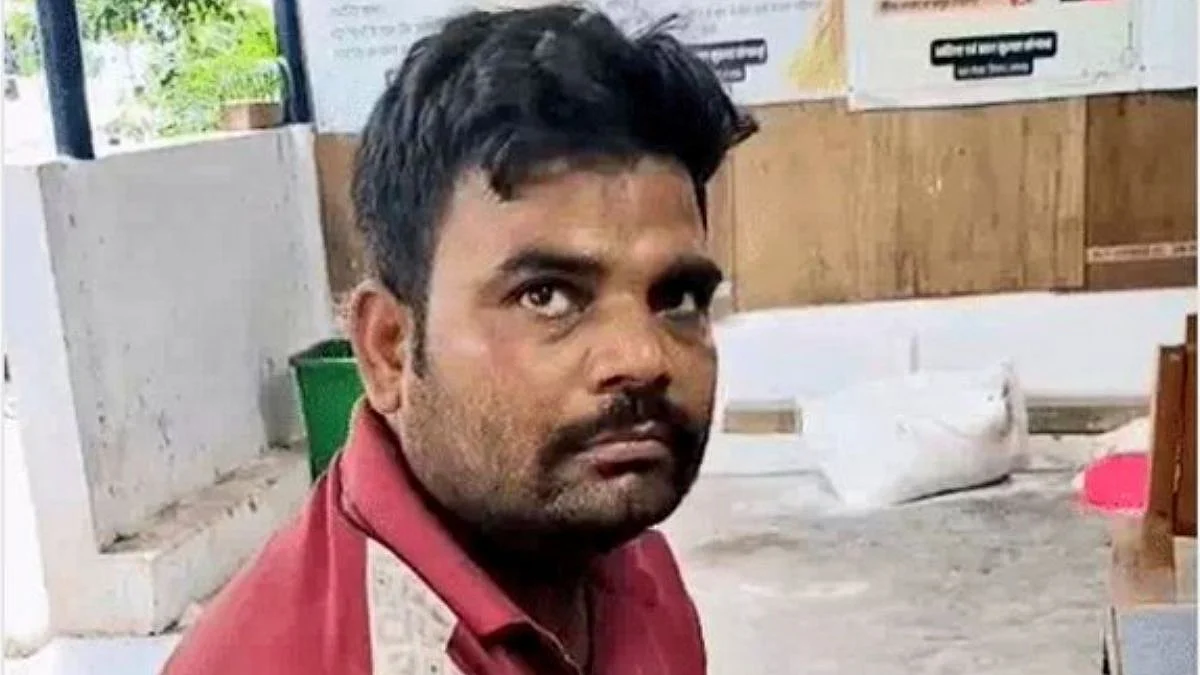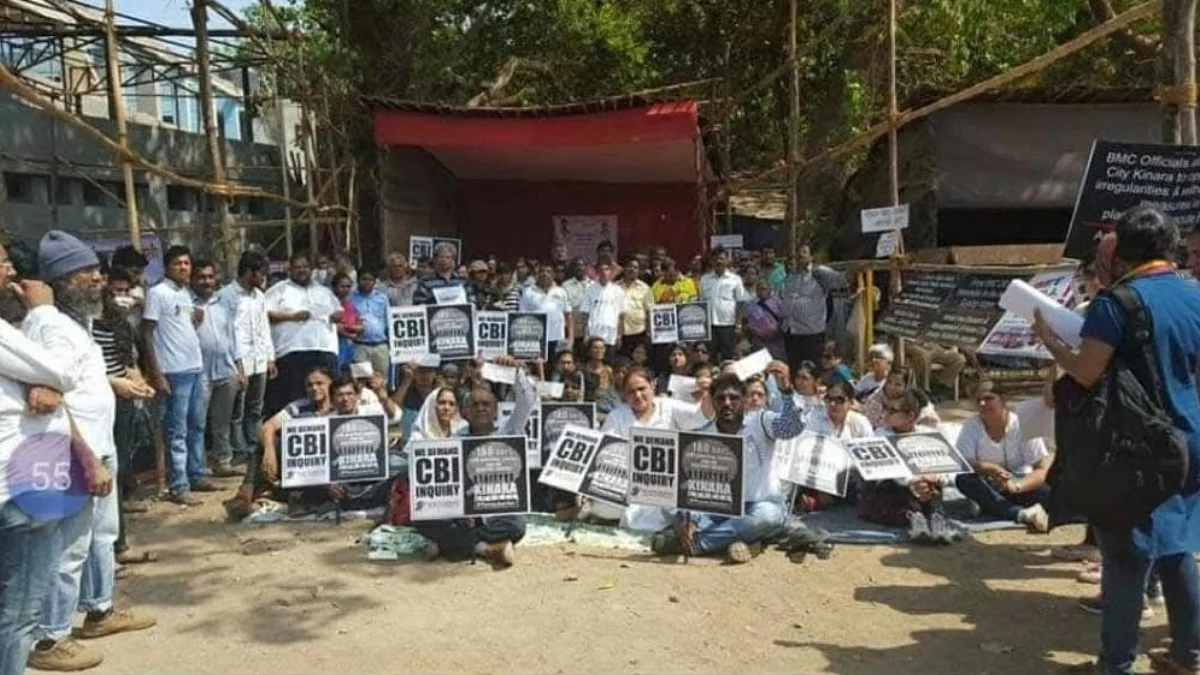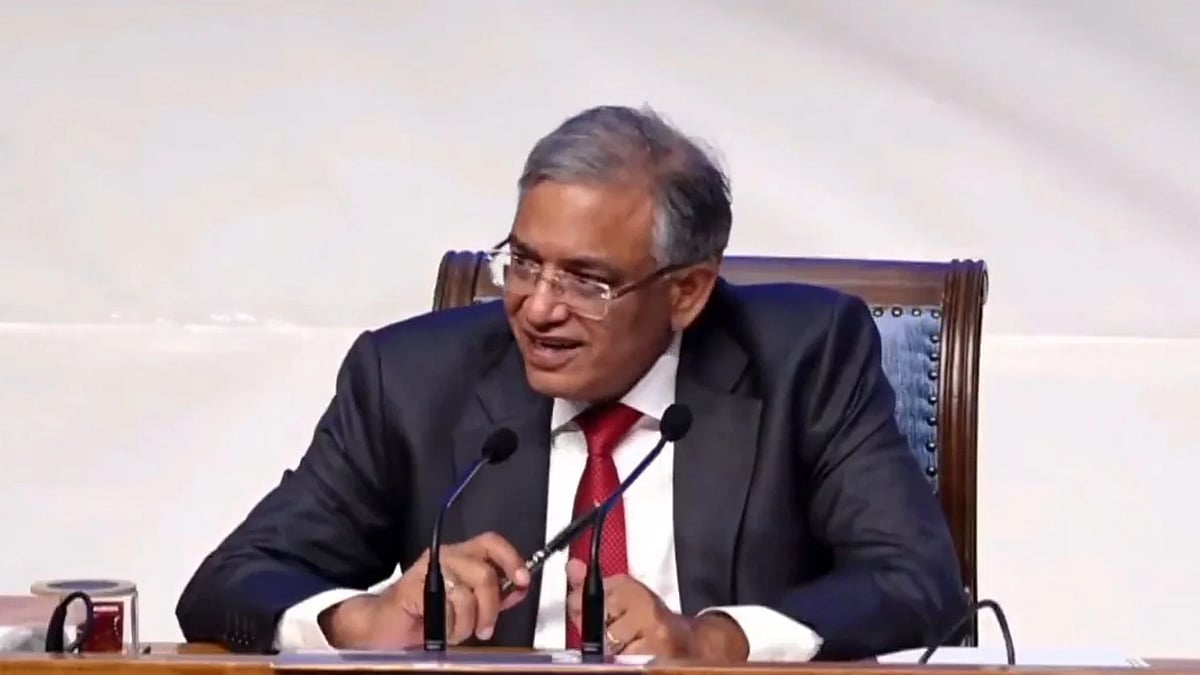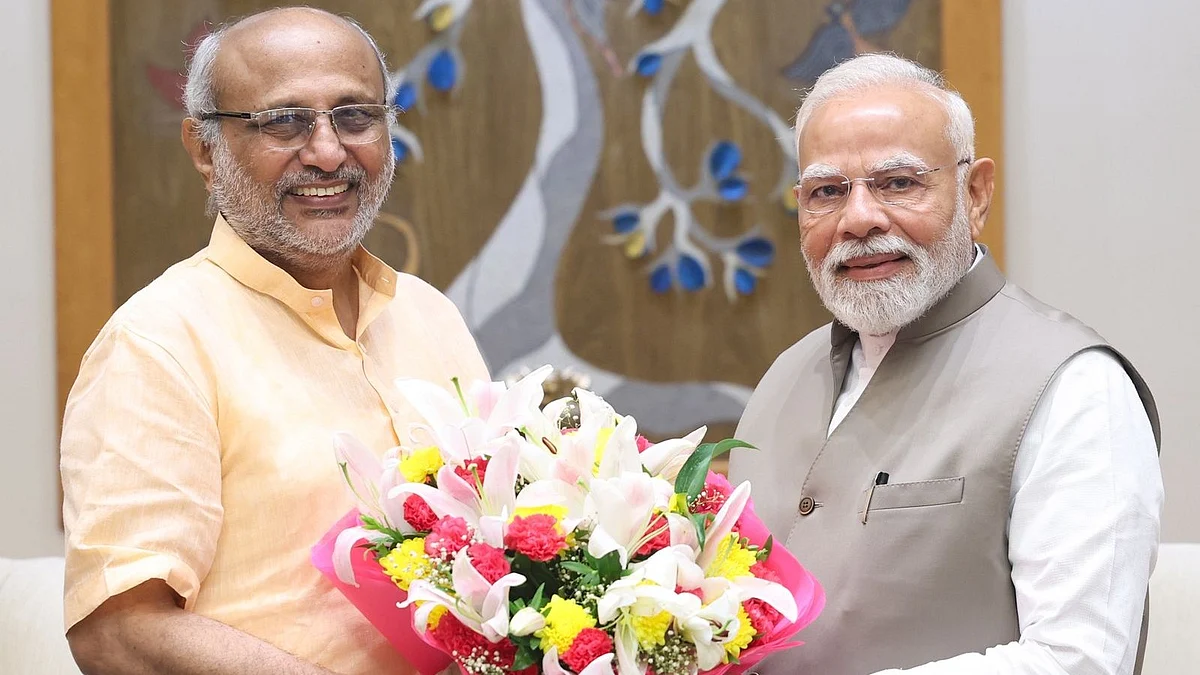At the heart of all debates on the Bharat Jodo Yatra led by Rahul Gandhi has been the question: Is it going to generate a powerful enough storm to blow Prime Minister Narendra Modi off the throne in 2024? As of now, there are no signs of it.
This is despite the fact that behind Mr Gandhi’s angelic preaching, the political aim of the yatra has barely been hidden. The yatra has been Gandhian in form and Rahulesque in content. He is walking the length and breadth of the country as a messenger of love, but he is also losing no opportunity (in his speeches, when the press asks him) to point at the ‘foreign body’ in the political space that is trying to cast its ‘dark shadow’ on the sun of love called India.
Like Mahatma Gandhi, he hates the evil, not the evildoers — he blows flying kisses to booing hecklers on the way; he says he bears no ill-will against those who call him ‘Pappu’ (Mr Naive); he calls the mediapersons who spread hate and suppress opposition views as ‘friends’ — but he also says, “The sense I am getting from what I am hearing and seeing during the yatra is that if the opposition comes together and fights in a coordinated way the BJP will find it tough in 2024.”
In short, the idealistic chariot Rahul Gandhi is riding in during the yatra is also carrying political artillery to conquer India back from the ‘villainous’ BJP. The question now is how much stronger the army behind him is than it was before he started his journey.
The Congress workers joined him during the yatra with passionate enthusiasm. Ordinary people in large numbers also joined him in stretches. Leaders and workers of UPA allies also marched with him in the states where they have following and influence. Several well-known professionals also walked for a few miles with him. Many more citizens who did not join the yatra expressed their support on social media.
It is still not clear, though, how much of new support Mr Gandhi has generated for the Congress and himself with the yatra. The Congress workers, UPA allies and professionals who joined the yatra, as also the liberals who expressed support for it on social media, have been opposed to the Modi regime in any case. There is no credible evidence about who the ordinary people who accompanied the yatris in different places were. Were they Modi supporters who were proselytised by Mr Gandhi’s mission to join him? Or were they voters of the Congress and other Opposition parties who supported him in any case?
A major reason for Mr Modi’s astounding success has been support from a large chunk of politically agnostic ‘Hindu’ voters. Though they are Hindus by birth, they do not subscribe to the RSS ideology; they do not support violence in the name of Hinduism; they do not wear their religiosity on their forehead, nor do they like a political party talking too much of temples, gods, traditions and rituals, as the BJP does; yet at the same time, they privately nurse very negative views about Muslims. Deep in their unconscious is a notion — housed in a historically prejudiced mindset — that the Muslims are a dogmatic, bigoted community.
This large chunk of ‘Hindus’ did not switch to Mr Modi primarily for his Hindutva. They had voted for the Congress-led UPA and had gotten sick of it by 2014 because of its mismanagement of the economy and misgovernance. Mr Modi offered an alternative with his image as the architect of the “Gujarat model”. The primary reason for their attraction to Modi was economic. His image as a political leader who “alone can keep Muslims on a leash” was the secondary reason for his appeal to them. To them, his image as a “Muslim tamer” was the icing on the cake made from his image as the creator of “developed Gujarat”. It was not an integral part of the cake.
This chunk of voters can turn away from Mr Modi if someone else offers them a better economic cake. They can do without the Hindutva icing. But is Mr Gandhi offering them a better cake? Although he has been talking of rising prices, unemployment and crony capitalism in speeches during the yatra, he is not offering them an attractive alternative model of economic development. As an angel of love, the focus of his attack has been on the icing, not on the cake.
In this chunk of pro-Modi, non-Hindutva voters there are not only upper and lower middle classes but also the poorer classes. With his own giant factories of revadis, Mr Modi has run away with the constituency of the poorer classes which for decades since Independence had been in the Congress grip. Mr Gandhi is not offering alternative ways of development and life improvement to win them back.
Worse, even his attack on the icing on the Modi cake has been misdirected. He is trying to wean away the pro-Modi, non-Hindutva voters by offering puja at Hindu temples along the way to show that he is a devout Hindu. He does not seem to realise that they have not moved away from the Congress because it was not led by a devout Hindu. They never raised any question about the party’s Hinduness. They had a problem with its ‘pro-Muslimness’.
On that score, the Congress offers no clarity. The defeat after defeat and the constant bombardment by the BJP on its “politics of minority appeasement” has left the Congress totally confused about what position to take on the issues concerning the minorities. It has desisted from taking strong positions on CAA, Article 370, hijab, uniform civil code, Gyanvapi, love jihad and conversions. The pro-Modi, non-Hindutva voters are looking for a transparent, realistic, operative line of the Congress vis-a-vis Muslims. They are not going to be taken in by his idealistic sermonettes on human brotherhood.
The Congress needs to redefine its secularism. It has to offer these voters a secularism that is totally different from its old secularism — a secularism that does not “appease” the dogmatic, exclusivist section of the Muslims but works in alliance with the progressive and pragmatic sections of Muslims, just as the party does in the case of Hindus. A new secularism alone can undo its Shah Bano impairment and re-attract the politically agnostic ‘Hindus’ toward it.
Arun Sinha is an independent journalist and author










